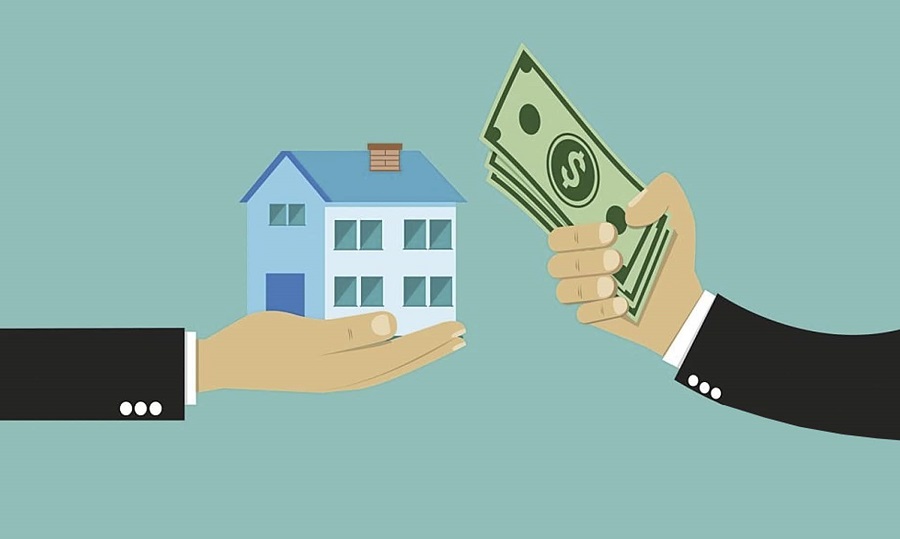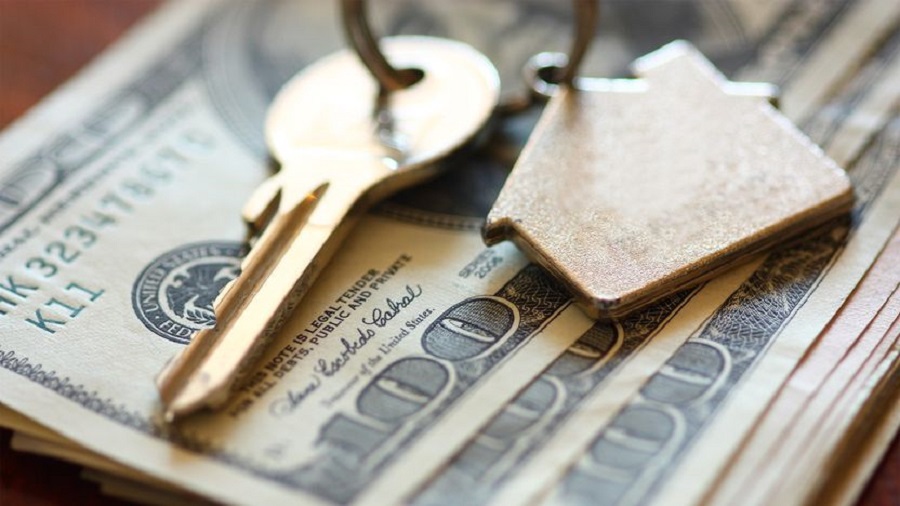In the world of real estate, the process of buying a home involves various financial aspects and agreements. One such element is earnest money, which plays a crucial role in the transaction. Whether you’re a first-time homebuyer or a seasoned investor, understanding what earnest money is and how it works is essential. In this article, we will delve into the concept of what is earnest money, its significance, and its role in the home buying process.
What is Earnest Money
When you decide to purchase a property, you typically make an offer to the seller. As a demonstration of your serious intent to buy the property, you provide a sum of money known as earnest money. It is a deposit made by the buyer to the seller, showing that you are committed to completing the transaction.
Why is Earnest Money Important?
Earnest money serves multiple purposes in a real estate transaction. Firstly, it acts as a financial commitment from the buyer, reassuring the seller that you are serious about purchasing the property. It also provides a degree of security for the seller, compensating them if the buyer fails to fulfill their obligations as outlined in the purchase agreement. Furthermore, earnest money can influence the seller’s decision when multiple offers are on the table, as a higher earnest money deposit may be seen as a stronger indication of the buyer’s commitment.
How Does Earnest Money Work?
Once you decide to make an offer on a property, you and the seller negotiate the terms and conditions of the purchase agreement. This agreement includes the amount of earnest money to be deposited, the timelines for various contingencies, and the overall terms of the sale. Do you know How Much Do Condos Cost? Know now.
Amount of Earnest Money
The amount of earnest money required can vary depending on various factors such as local market practices, property value, and the negotiating power of the buyer and seller. Typically, it is a percentage of the property’s purchase price, ranging from 1% to 3% or more. For example, if you are purchasing a house for $300,000 and the earnest money requirement is 2%, you would need to provide $6,000 as earnest money.
Holding the Earnest Money
Once the buyer provides the earnest money, it is usually held by a neutral third party, such as an escrow agent or a real estate brokerage. This ensures that the funds are securely held until the completion or termination of the sale. The money is held in an escrow account, separate from the buyer’s and seller’s personal accounts, to maintain transparency and protect both parties.
Contingencies and Earnest Money
In most real estate transactions, the purchase agreement includes contingencies that protect the buyer’s interests. These contingencies may include the buyer’s ability to secure financing, satisfactory home inspections, and the resolution of any legal or title issues. If any of these contingencies cannot be met and the buyer decides to terminate the agreement within the specified timelines, the earnest money is generally returned to the buyer. However, if the buyer fails to meet the contingencies or terminates the agreement outside the agreed-upon terms, the seller may be entitled to keep the earnest money.
Application of Earnest Money
If the sale is successfully completed, the earnest money is typically applied towards the buyer’s closing costs or down payment. It becomes a part of the overall funds required for the purchase of the property. On the other hand, if the sale does not go through due to reasons specified in the purchase agreement, the earnest money is returned to the buyer.
Conclusion
Earnest money is a vital aspect of the real estate buying process, reflecting the buyer’s commitment and providing security for the seller. By understanding what earnest money is and how it works, buyers can navigate the complexities of the home buying journey with confidence. It is crucial to carefully review and understand the terms of the purchase agreement, including the contingencies, to ensure a smooth and successful transaction.
FAQs
1. Can I lose my earnest money?
If you fail to meet the agreed-upon terms and conditions specified in the purchase agreement, the seller may be entitled to keep the earnest money. It is essential to fulfill the contingencies and timelines outlined in the agreement to protect your earnest money.
2. Can I use the earnest money for other purposes?
The earnest money is typically held in an escrow account until the completion or termination of the sale. It cannot be used for other purposes unrelated to the transaction without the consent of both the buyer and seller.
3. Can the amount of earnest money be negotiated?
Yes, the amount of earnest money can be negotiated between the buyer and the seller. However, it is important to consider local market practices and the impact of the earnest money amount on your offer’s competitiveness.
4. Is earnest money the same as a down payment?
No, earnest money and a down payment are two separate elements in a real estate transaction. Earnest money is a deposit made when an offer is accepted, showing the buyer’s commitment. A down payment, on the other hand, is a larger sum paid by the buyer at closing, representing a percentage of the property’s purchase price.
5. Can I get my earnest money back if I change my mind about buying the property?
If you decide to terminate the purchase agreement within the specified timelines and according to the agreed-upon terms, you may be entitled to the return of your earnest money. However, it is crucial to review the purchase agreement and consult with a professional to understand your rights and obligations.





